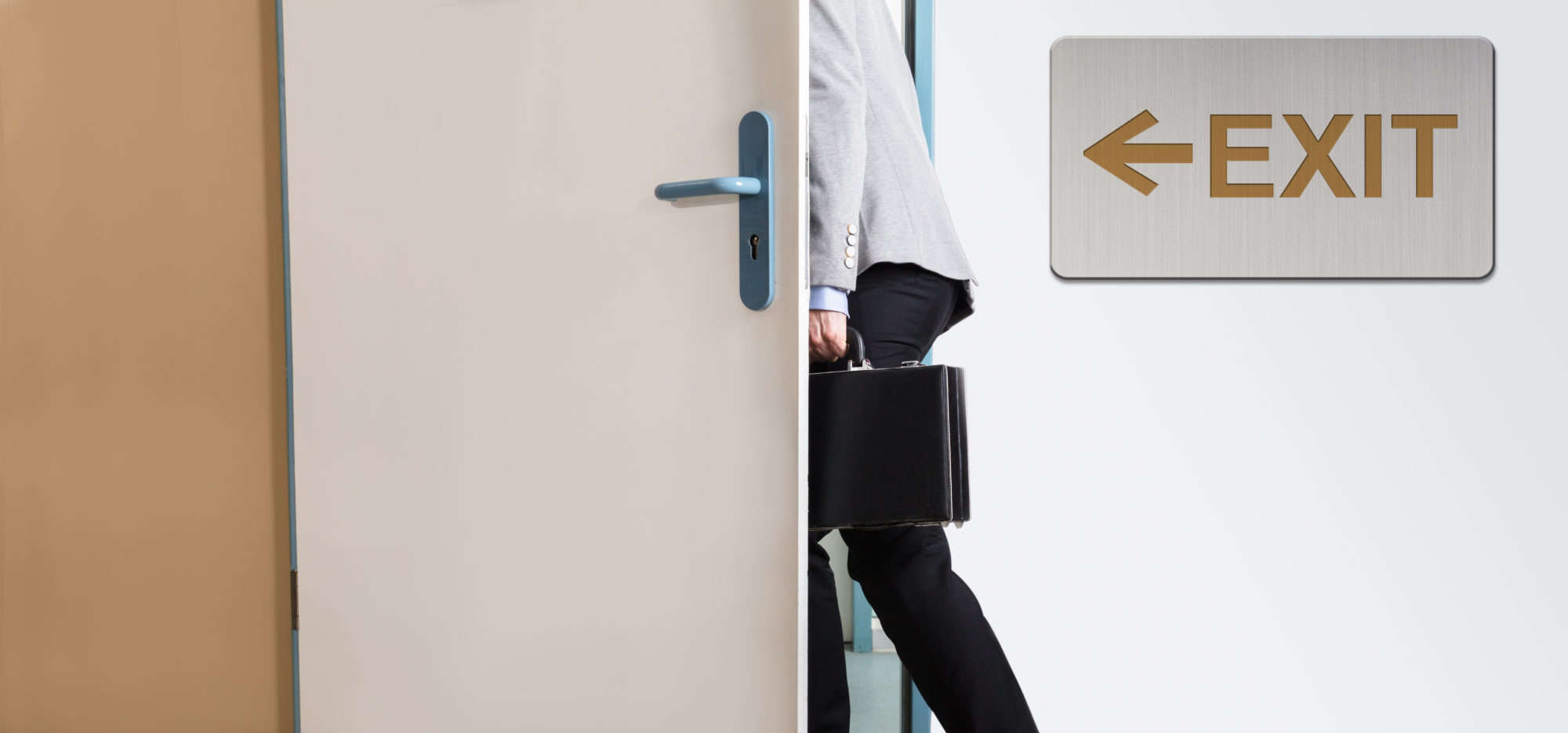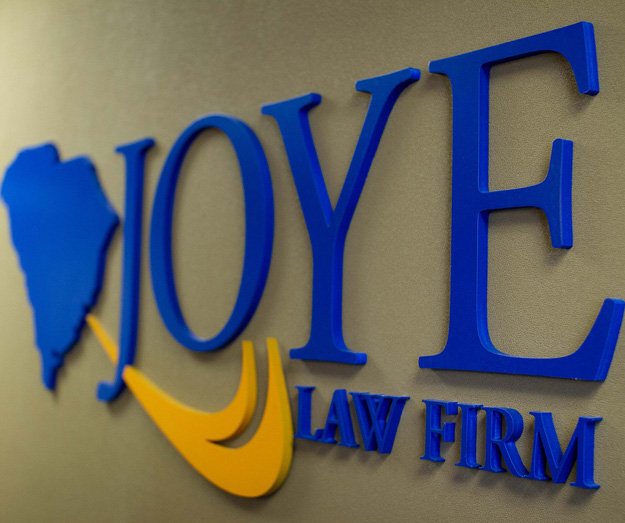
Originally published 8/13/20, updated 1/7/2025.
After suffering a work injury, things may feel like they’ve gone from bad to worse. Now, you’re contemplating quitting your job. Maybe it’s because you no longer feel safe or physically capable of handling the job. Or, it could be because your boss and others are going out of their way to make you feel uncomfortable. It could just be that you have a better job opportunity elsewhere. Whatever the reason, a lot of injured workers face this tough decision. But, will quitting your job impact any workers’ compensation benefits you may be owed? Do you have to just “tough it out” at the job until your claim is resolved?
Read on for more information on this difficult topic.
Should I Stay with My Current Employer After an Injury?
If you’re wondering what happens if you quit your job while you have a workers’ compensation claim in South Carolina, ideally, the answer should be “nothing.”
However, it gets a little more complex than that. There are certain instances where quitting your job could impact your entitlement to certain workers’ compensation benefits.
This is true especially if you are receiving weekly disability benefits due to your work injuries. In many situations where an injured worker has been cleared by their doctor to return to work with physical restrictions, the employer will offer the employee a “light duty” job.
If the offered light duty job complies with the treating doctor’s restrictions, that is a legal basis for terminating your weekly disability benefits. Of course, some employers are not in a position to offer light duty employment, especially smaller employers. However, we have seen several instances where an injured worker quit their job while getting weekly benefits and within a short period of time, the employer suddenly claims that they have light duty work available, giving them an argument to cut off your benefits.
Another situation where we caution our clients against quitting their jobs is when the injured worker’s injuries are so severe that he feels he will unlikely be able to find a job in the future. This would be the basis of a total and permanent disability claim, the most valuable claim under the South Carolina Workers’ Compensation Act.
If you quit your job before your workers’ comp claim is settled, expect the employer to contend that they could have found a position to accommodate your restrictions. This is often patently untrue, but this claim is made to try to de-value the claim of a disabled worker.
What to Know Before Quitting After an Injury on the Job
While you are free to change jobs at any time, there are a few mistakes many workers’ compensation recipients make which you should try to avoid at all costs.
Here are some tips on what you should do instead:
- Don’t quit your job before you have another lined up.
- Wait until your doctor says you’re at “maximum medical improvement” from your work injury before leaving the job unless you have an opportunity to accept a much better job.
- Talk to an experienced South Carolina workers’ compensation attorney. There are very few situations that an experienced workers’ comp attorney hasn’t already encountered. One can help you navigate the process while taking into consideration the unique circumstances of your particular situation and workers’ compensation claim.
What Quitting Could Mean for Your Benefits
A major component of workers’ compensation is the disability benefits paid to injured workers. These benefits replace a portion of your wages while you are injured and unable to return to work. In South Carolina, workers’ comp will pay two-thirds of your average weekly gross wages in disability benefits, with a capped maximum benefit. The maximum benefit for a 2025 claim is $1,134.43.
Wage-replacement benefits depend on your work injury. You may be eligible for:
- TTD or “Temporary Total Disability” – These benefits are paid to workers until they are able to return to work.
- TPD or “Temporary Partial Disability” – These benefits may be available to injured workers who have returned to light-duty work only.
- PPD or “Permanent Partial Disability” – These benefits are paid to workers who may never be able to work in the same capacity again.
- PTD or “Permanent Total Disability” – These benefits are paid to workers who are not expected to be able to work in any capacity again.
Since temporary disability benefits are meant to end when the worker resumes working, this is where leaving your job could complicate your situation.
If you quit your job, your now former employer could argue that they no longer owe you wages based on a claim that they could accommodate your physical limitations.
Does Quitting Impact My Medical Benefits through Workers’ Comp?
Your employment status should have zero impact on what medical care you need for your injuries, especially if your claim is for permanent impairment to a body part.
If you have an open workers’ comp claim, we suggest you speak to an experienced South Carolina workers’ compensation attorney before quitting your job. This is a complicated issue so it’s important to have someone on your side. Experienced attorneys, like the ones at Joye Law Firm, can help you protect your rights during a job change.
Quitting for a Lower-Paying Job While on Workers’ Comp
If you have to take a new job because your injury prevents you from returning to your old job, you may be able to continue to receive the partial disability payment since you’re earning less due to your injury.
A good workers’ compensation lawyer would argue that because your injury is still costing you money, you still qualify for workers’ comp disability payments. In fact, we would argue that by taking another job, you have actually helped the workers’ comp insurance carrier because otherwise, they might be obligated to pay your full disability benefit.
If you find yourself unable to perform the duties of your new, lower-paying job because of the continuing effects of your on-the-job injury, you might be able to seek a reinstatement of your full disability benefits. However, this could become very complicated and will largely hinge on whether there is supportive medical evidence. We don’t recommend that you make these important decisions without first seeking the advice of an experienced workers’ compensation attorney.
Keep in mind: IF you start working anywhere, it is very important that you notify your lawyer of this immediately. Any worker receiving full disability benefits while working at full capacity for another employer could not only be forced to pay back those benefits but could also be on the hook for insurance fraud!
Consult a South Carolina Workers’ Comp Attorney
There is nothing simple about dealing with a work injury. The South Carolina workers’ compensation system is complex, and changing jobs in the middle of your claim can make your situation even more complicated.
Be sure to talk with a lawyer experienced with South Carolina workers’ compensation claims before making any big moves. A good workers’ compensation attorney can help you best protect the value of your workers’ compensation settlement and benefits.
Joye Law Firm has served South Carolina for over 50 years and has offices in Charleston, Myrtle Beach, Columbia and Clinton. We will work hard to protect your legal rights. Contact us today for a free consultation with one of our workers’ compensation attorneys.


































